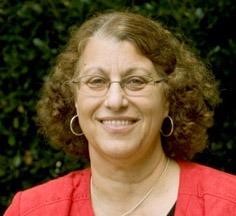The Conservation Fund/Resourceful Communities
Purpose Prize Fellow 2012
Sager helps rural communities in North Carolina create businesses and jobs that protect and restore natural resources.
In 1990, Mikki Sager was a midcareer administrative assistant looking to make an impact. A year later she co-created the Resourceful Communities Program, which brings together community leaders, grassroots groups, government agencies, land trusts and others to create businesses and jobs in rural North Carolina that protect the landscape and move people out of poverty.
A division of the nonprofit Conservation Fund, the Resourceful Communities Program provides planning, research, organizational development, fundraising and other technical assistance.
Since 1991 Sager, who directs the program, has helped more than 10,000 community leaders establish 400 small businesses, generating 500 jobs. She has been instrumental in raising more than $40 million to help rural communities revitalize their economies and protect natural resources.
One project – a 200-mile canoe trail crossing five of the state’s poorest counties – has spawned 50 jobs and brought in $400,000 annually. Another is a community garden that has grown from two to 15 acres. The crops grown there are given to fixed-income families or sold at a roadside stand. The proceeds go to scholarships for postsecondary schooling.
“Rural folks can change their worlds with a small investment,” says Sager, who aims to expand the Resourceful Communities Program across Appalachia and the south.




